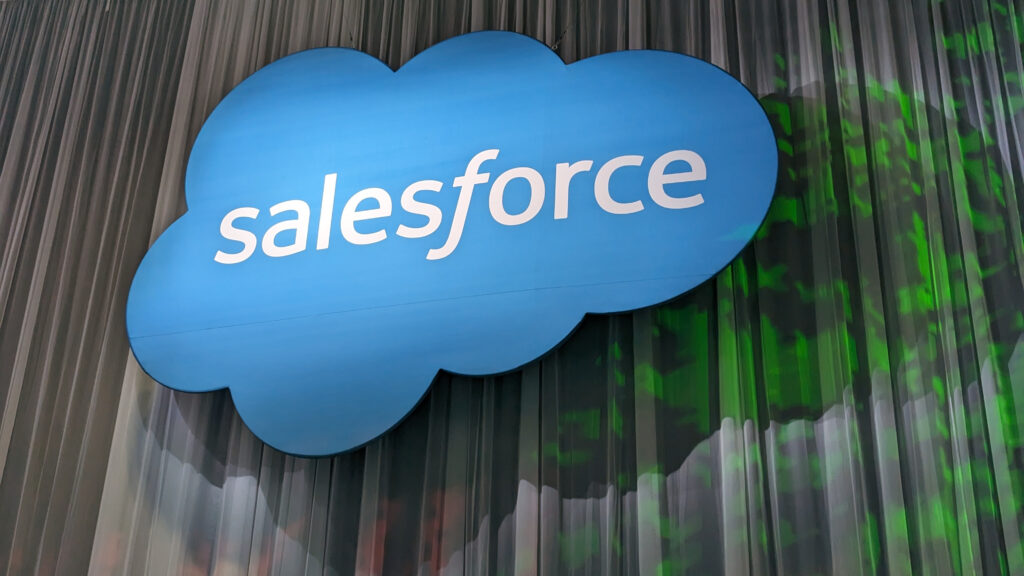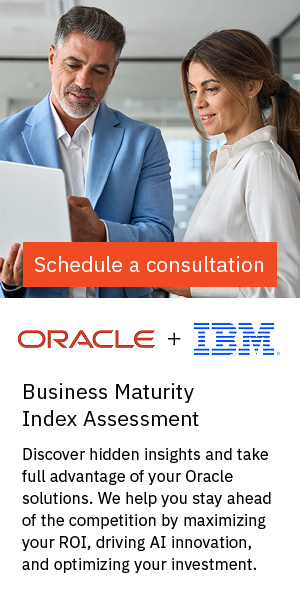 In an enterprise software landscape obsessed with the promise of artificial intelligence and automation, HCLSoftware is taking a radically different path—one paved not by hype but by empathy, frugality, and pragmatic design. In a wide-ranging conversation with Kalyan Kumar (KK), Chief Product Officer of HCLSoftware, it became clear that this $1.4B software powerhouse is quietly reshaping the agentic AI conversation with a customer-centric mindset and tangible delivery model.
In an enterprise software landscape obsessed with the promise of artificial intelligence and automation, HCLSoftware is taking a radically different path—one paved not by hype but by empathy, frugality, and pragmatic design. In a wide-ranging conversation with Kalyan Kumar (KK), Chief Product Officer of HCLSoftware, it became clear that this $1.4B software powerhouse is quietly reshaping the agentic AI conversation with a customer-centric mindset and tangible delivery model.
HCLSoftware operates as an independent division within HCL Technologies, but its structure, go-to-market strategy, and operating model more closely resemble a modern independent software vendor (ISV) than a legacy IT services provider. With $1.1 billion in ARR and 40% EBITDA margins, it’s a high-growth, high-efficiency business that measures itself like a product company—not a consultancy. For ERP and enterprise tech leaders, HCLSoftware offers an emerging alternative: an AI-driven platform built not just for disruption, but for continuity, composability, and customer trust.
At the core of its product roadmap is the XDO framework: Experience, Data, and Operations. KK explains: “We think customer down. What are customers trying to do with agentic AI? They’re either trying to improve experience, take cost out, or enhance operational agility.” HCLSoftware’s product investments mirror these objectives—embedding agentic AI into their Martech, security, observability, and orchestration platforms.
Rather than charging customers per-agent, HCLSoftware’s “Agents of Action” are integrated into software subscriptions with outcome-based pricing. In contrast to competitors who push agent sprawl and upcharge for each one, HCLSoftware lets users subscribe based on results. It’s a refreshingly outcome-first approach in a market saturated by AI pricing complexity.
While many tech vendors pursue a fully autonomous future, KK remains grounded in the realities of enterprise transformation. “There’s this crazy view that you want to throw everything away and build new stuff. It’s not going to happen.”
Instead, HCLSoftware sees a five-level maturity model—from model-driven assistance to fully autonomous systems—anchored by one hard truth: if your data isn’t clean, autonomy is a fantasy. HCLSoftware has structured its agentic AI rollout to support both human-in-the-loop workflows and automation, weaving orchestration capabilities into products like AppScan, Unica, and Domino.
Case in point: HCLSoftware is reviving legacy platforms like Domino—not with incremental patches, but by embedding private LLMs and agentic assistants to modernize value delivery. Customers in sovereign industries, like defense and government, still run mission-critical workflows on these platforms. HCLSoftware’s commitment to reinvest in 40-year-old products with five new releases since 2019 is proof of its value-first culture.
KK doesn’t just talk about customer focus—he architected HCLSoftware’s culture around it. The firm aims to be known as an empathy-centric software company that prioritizes customer success over vendor lock-in or inflated licenses. “Frugal doesn’t mean cheap—it means don’t waste money.”
This frugality manifests as massive R&D reinvestment: more than 35% of HCLSoftware’s revenue is pumped back into engineering. The result is rapid innovation without abandoning existing customers. From AI orchestration for multi-agent environments to new offerings in data intelligence and observability, HCLSoftware is building a next-generation platform stack on its own terms.
What this means for ERP Insiders
Embrace outcome-based AI consumption. Traditional enterprise software pricing—especially in AI—is often misaligned with business value. HCLSoftware’s outcome-first model, which allows customers to subscribe based on results delivered by “Agents of Action,” sets a new precedent. For CIOs and CFOs evaluating AI pilots or expansions, this model reduces upfront risk while keeping total cost of ownership transparent. Companies like Daimler and other government agencies using HCLSoftware’s Domino platform show how even legacy environments can be modernized with this approach.
Invest in orchestration, not just automation. Enterprise automation is no longer about siloed bots or workflows. HCLSoftware’s Uno Agentic platform connects more than 400 systems—including mainframes, ERPs, and CRMs—allowing organizations to orchestrate data, agents, and processes cohesively. Tech leaders should prioritize platforms that span their tech stacks and offer modular orchestration—especially for complex domains like supply chain, critical incident management, and compliance.
Don’t bet the future on full autonomy—balance with empathy. While many vendors chase full automation, HCLSoftware acknowledges that most enterprises will remain in a “human-in-the-loop” model for years. Their five-stage autonomy maturity model gives IT and operations leaders a grounded framework to guide transformation without overpromising AI nirvana. From security agents that fix vulnerabilities to marketing segmentation agents that support campaign managers, HCLSoftware is enabling scalable augmentation—not replacement—of human decision-makers.






